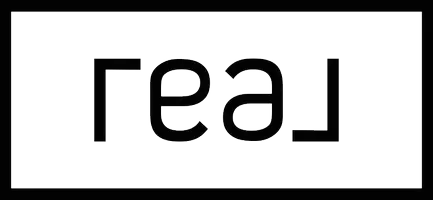Rent vs Buy Las Vegas 2025: Complete Cost Comparison Guide
Why Las Vegas Renters Are Losing $500,000+ in Wealth
Las Vegas Rent Reality: With average rents at $2,100+ monthly and rising 8-12% annually, renters pay $24,000+ per year with zero return on investment. Meanwhile, Las Vegas homeowners build equity in one of Nevada's most resilient housing markets.
Every month you rent in Las Vegas, you're helping someone else build wealth while you get nothing. This comprehensive rent vs buy analysis shows exactly what homeownership could mean for your financial future in the Las Vegas valley, including Henderson and North Las Vegas.
Las Vegas Rent vs Buy: The Real Financial Comparison
| Renting | Buying |
|---|---|
| ✗ Zero equity building | ✓ Build $15,000-20,000 equity annually |
| ✗ Subject to 8-12% yearly rent increases | ✓ Fixed monthly mortgage payment |
| ✗ Limited customization options | ✓ Complete freedom to renovate & personalize |
| ✓ No maintenance responsibility | ✗ Responsible for maintenance & repairs |
| ✓ Minimal upfront costs | ✗ Down payment & closing costs required |
| ✓ Easy to relocate | ✗ Selling process if you need to move |
| ✗ No tax benefits | ✓ Mortgage interest & property tax deductions |
Las Vegas Housing Market Analysis 2025
Average Monthly Rent
Median Home Price
Average Appreciation
Down Payment Options
Use our Las Vegas affordability calculator and Nevada mortgage calculator to run your personalized numbers and see exactly what homeownership would cost you in the Las Vegas valley.
Should You Rent or Buy in Las Vegas? Decision Guide
🏠 Keep Renting If...
- You plan to relocate within 2 years
- You're actively improving credit (below 580)
- You prefer maximum flexibility
- You have less than $15,000 saved
- Your job situation is uncertain
🏡 Time to Buy If...
- You're planning to stay 3+ years
- You have steady employment
- Your credit score is 580+
- You're ready for predictable payments
- You want to stop funding someone else's retirement
The Las Vegas Wealth Gap: Renting vs Homeownership
Here's what most Las Vegas renters don't realize: if you rent for 20 years at $2,100/month with 3% annual increases, you'll pay over $680,000 with nothing to show for it. A Las Vegas homeowner with a $450,000 house and a 30-year mortgage will pay roughly the same amount but own a property worth $1.2+ million by the end.
That's a $500,000+ difference in your net worth from choosing to buy vs rent in Las Vegas.
Ready to Stop Paying Rent in Las Vegas?
Let me walk you through your specific Las Vegas housing situation with real market numbers, neighborhood analysis, and zero pressure. Whether you decide to rent or buy in Las Vegas, you'll make an informed decision that's right for your future.
Get Your Free Las Vegas Market Analysis